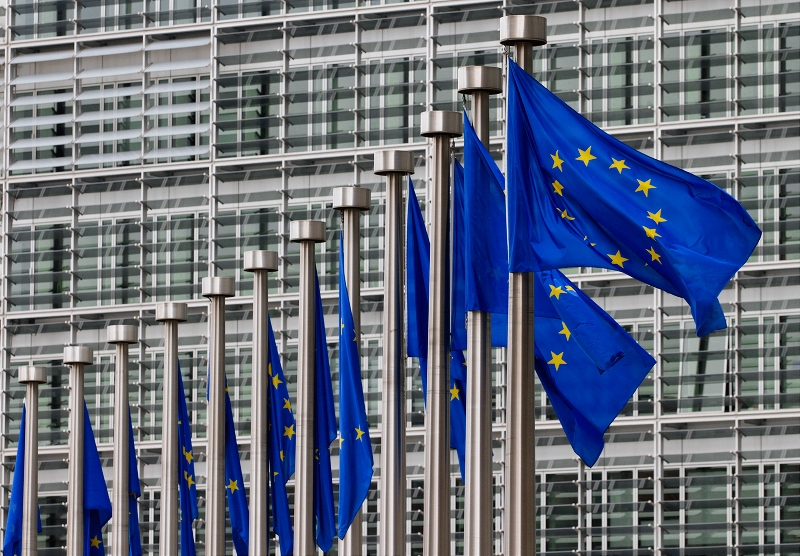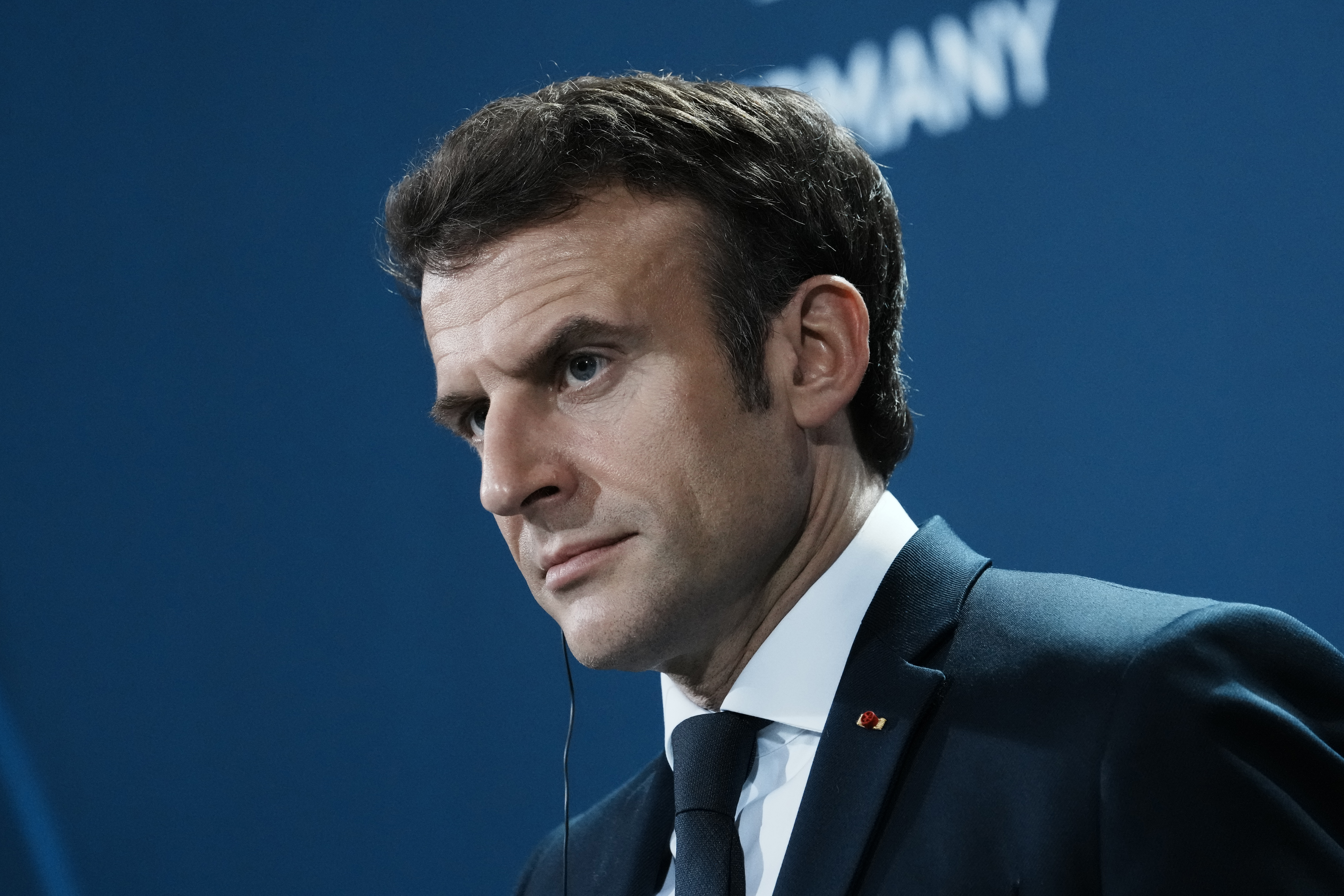The European Commission has informed Poland that it will deduct the fines imposed by the European Court of Justice (ECJ) over the Turów lignite mine from funds which Poland receives from the EU budget, despite the country having reached its own resolution to the matter with neighboring Czechia.
The commission made it clear that it does not care that the conflict between Poland and Czechia has been resolved amicably, and the EU’s commissioners refuse to accept that the complaint filed by Czechia to the ECJ has been withdrawn. It is now clear that this issue did not concern groundwater in a Czech village, it concerned initiating the plan to deconstruct the Polish energy industry.
There is also more to this affair. Specifically, it has to do with Polish concessions over the matter of the Disciplinary Chamber within the country’s judicial system.
Polish President Andrzej Duda had met with European Commission President Ursula von der Leyen in Brussels on Monday and presented his plan to reconstruct the Polish Supreme Court. The proposal was meant to be an olive branch intent on improving relations between Warsaw and Brussels, and the plan had been criticized by almost everyone in Poland. So, there were smiles, reassuring gestures and certainty that the matter is “almost” resolved.
In reality, it was nothing of the sort. A day had passed, and I think we all realized that agreements with the Brussels bureaucrats almost always end in betrayal — such is the case when you negotiate in the bandits’ den.
It must be stated clearly that the same betrayals will happen in the context of the Supreme Court dispute. Let’s accept the hypothesis that the president’s project will be enacted. The commission will be pleased, and so will Poland’s judicial “class.”
What will come then? The issue of Turów reveals what steps Brussels will take next.
The EU scammers will start working on Poland’s National Council of the Judiciary and on deconstructing the Chamber for Public Affairs and Extraordinary Control. It is obvious that the Disciplinary Chamber will not be the end of EU meddling, but only the beginning. The time will then come to dismantle Poland’s nuclear energy ambitions, which are a pain in the neck for the German lobby that has been promoting the suicidal “Fit for 55” environmental program.
We must stand guard around our institutions, defend them and reform them. Of course, these reforms should take place only on our terms — the opinion of EU bureaucrats should be heard and talks held, but the commission has played its hand. It knows that Poland is beginning to buckle, and that the difficult economic situation mainly caused by Brussels and Berlin’s short-sighted energy policy, has rocked the Polish government boat.
This boat needs stability. The flexing of muscles (also in the government camp) in internal conflicts will only exacerbate the situation. We should be united against the anti-Polish alliance and we should establish clear goals to be carried out in Warsaw.
Brussels may feel the Polish veto quicker than it thinks it will. Meanwhile, we advise the people who believed in the EU machine in good faith to open their eyes.
This is the last moment to do so.






